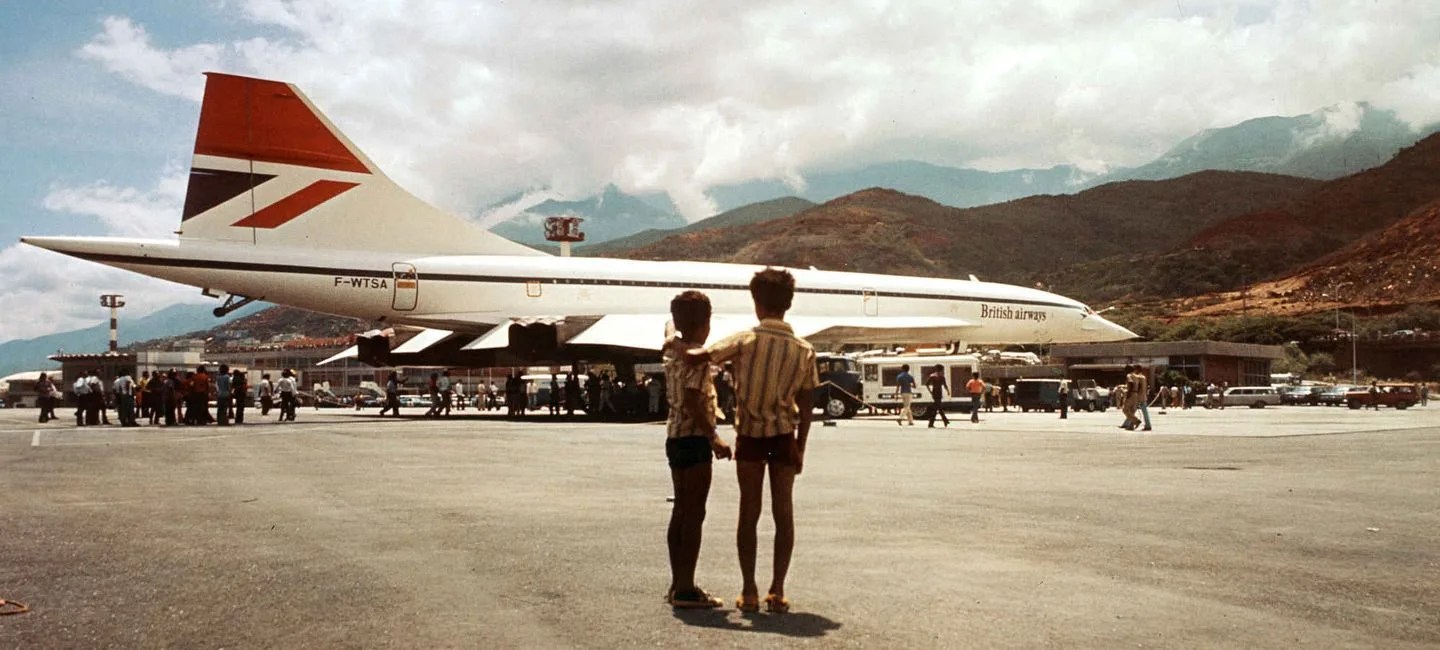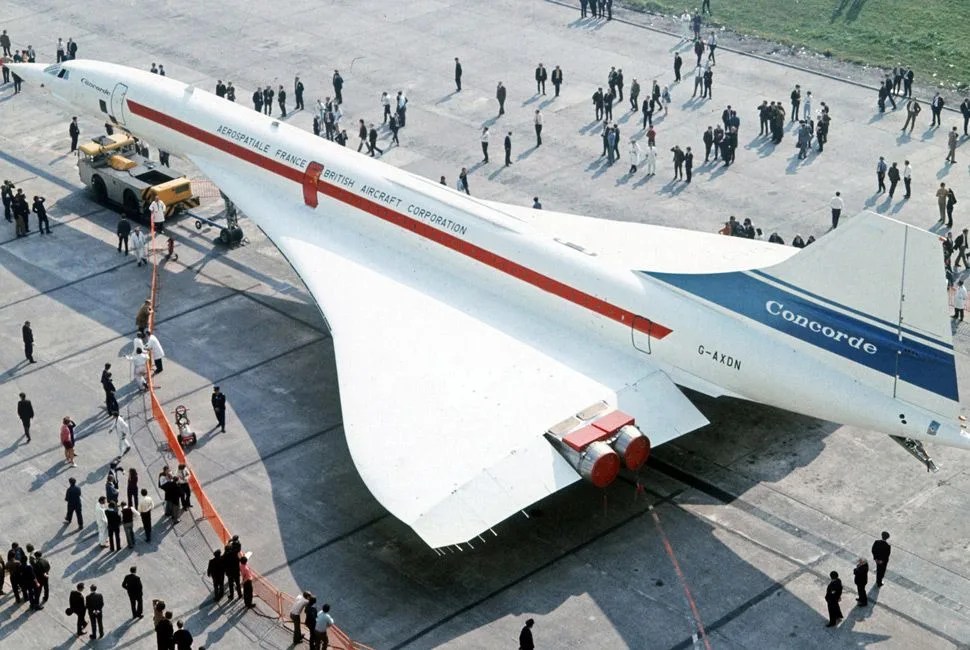 Gear Patrol
Gear PatrolIn September of 2015, a UK-based Concorde enthusiast group announced its intentions to bring the Concorde back into service. “Since 26th November, 2003, this has been the dream of the global Concorde fraternity,” said Concorde Club President Paul James — a businessman who chartered Concorde 19 times during the ‘80s — in a statement on Club Concorde’s website.
“Our aim was to secure a Concorde for central London and use the aircraft as a global launchpad for getting Concorde back in the air,” said James. The plan seems to have worked thus far. According to James, Club Concorde has secured £20 million from an unnamed British businessman to obtain, house and display a £5 million Concorde near the London Eye on the River Thames. The business plan also attracted the attention of two British merchant banks and an American businessman, each of whom have offered up £40 million that, according to James, will be used for the Club’s Return to Flight program.
Currently, that plan involves obtaining a well-kept Concorde held at Le Bourget Airport in France. “Our plan is that Le Bourget supply the Concorde and the Brits, through us, supply the finance to eventually return this Concorde to flight,” said James. “In the event of a return to flight, the Concorde would be based six months at a time, either at a base near London or at Orly airport. The precise allocation of time spent in each country would be governed by commercial opportunities, such as air shows or even charters.”
“Our aim was to secure a Concorde for central London and use the aircraft as a global launchpad for getting Concorde back in the air.”
While Concorde Club believes that its £120 million in funding will help return a Concorde to airworthiness, much of the aviation community remains skeptical — even towards the prospect of heritage and non-passenger flights. “It’s like trying to put the Apollo shuttle on to the moon again,” said former Concorde captain William “Jock” Lowe, who flew as a Concorde pilot for 25 years and helped found Club Concorde (though he’s no longer a participating member).
The first barrier to Concorde’s return, according to Lowe, is Airbus, which absorbed the assets of the original Concorde’s manufacturers, Aérospatiale and BAC. Airbus made the decision to discontinue maintenance support for the Concorde after October 2003, leading to the plane’s retirement — but the company still holds the design authority to the aircraft.


